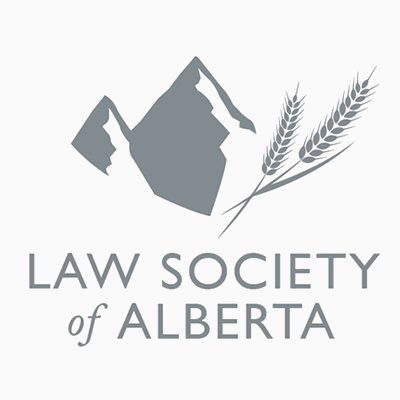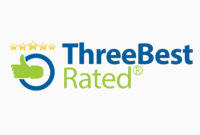Practice Areas
Federal Economic Immigration
When enacted in 2015, the Express Entry Program envisioned inviting 400,000 immigrants to fill 110,000 employment spots based on the talents and skills of these new residents – talents and skills that are needed to sustain and build the Canadian economy. Every 2 weeks the Immigration, Refugees and Citizenship Canada (IRCC) invites those applicants with the highest Comprehensive Ranking System (CRS) scores to apply for Express Entry permanent residency status.
Family Reunification
Canada recognizes the importance of family on the success of resettled refugees, and encourages family reunification by providing for an opportunity to bring a spouse, common law or conjugal partner, and dependent children under the age of 22 to Canada. Family unity is considered by Canada to be an important human right. In 2021, Canada granted permanent residence status to over 103,000 applicants.
Refugee and Protection Persons
Foreign nationals who have been granted refugee or protected persons status may apply for permanent residence in Canada. The Immigration and Refugee Board and the Citizenship and Immigration Department are the government agencies with authority to determine protected persons status. Once the Immigration and Refugee Board determines that you need protection or are a Convention Refugee, you are eligible to apply for permanent residence. The Citizenship and Immigration Department can also declare you a protected person by approving a pre-approval risk assessment. Once approved by either agency, you are cleared to apply to enter Canada.
Temporary Residents
For those foreign nationals who are not eligible as either a refugee or a protected person, or who have some factor that makes them initially inadmissible, you may still be eligible to visit Canada with a Temporary Resident Permit (TRP). Inadmissibility might mean that you have a medical condition, recent or past criminal conviction, financial incapacity, or made misrepresentations on your application that prevent entry to Canada without a TRP.
PR Renewals and Citizenship Applications
A permanent resident card is issued for a period of 5 years and entitles the foreign national holding the card to enter and leave Canada. These permanent resident cards can be renewed upon a showing that the foreign national has met the residency requirements, among other things. To maintain residence, a foreign national must have resided physically in Canada for two out of the past five years. Failing to maintain residency means losing the right to permanent residency in Canada.
Immigration Litigation
Having an immigration application denied or receiving a removal order from the Immigration and Refugee Board of Canada can be devastating but it might not be a dead end. Although we cannot guarantee any specific result, at Canadian Currents Immigration we can insist that you and your family are treated with dignity and fairness.
In This Section
Client Testimonials
Absolutely Amazing.
“I’ve truly never felt so confident and comfortable from the compassion, legal advice, support, and trust I have received from this law firm. Whitney is absolutely amazing. You are doing yourself a disservice by not using her.”
— K. M.
Responsive and Supportive
“Heather Tyminski was responsive and supportive during my entire time working with her. She explained my options clearly, and I am satisfied with the outcome. I highly recommend her.”
— A. B.

